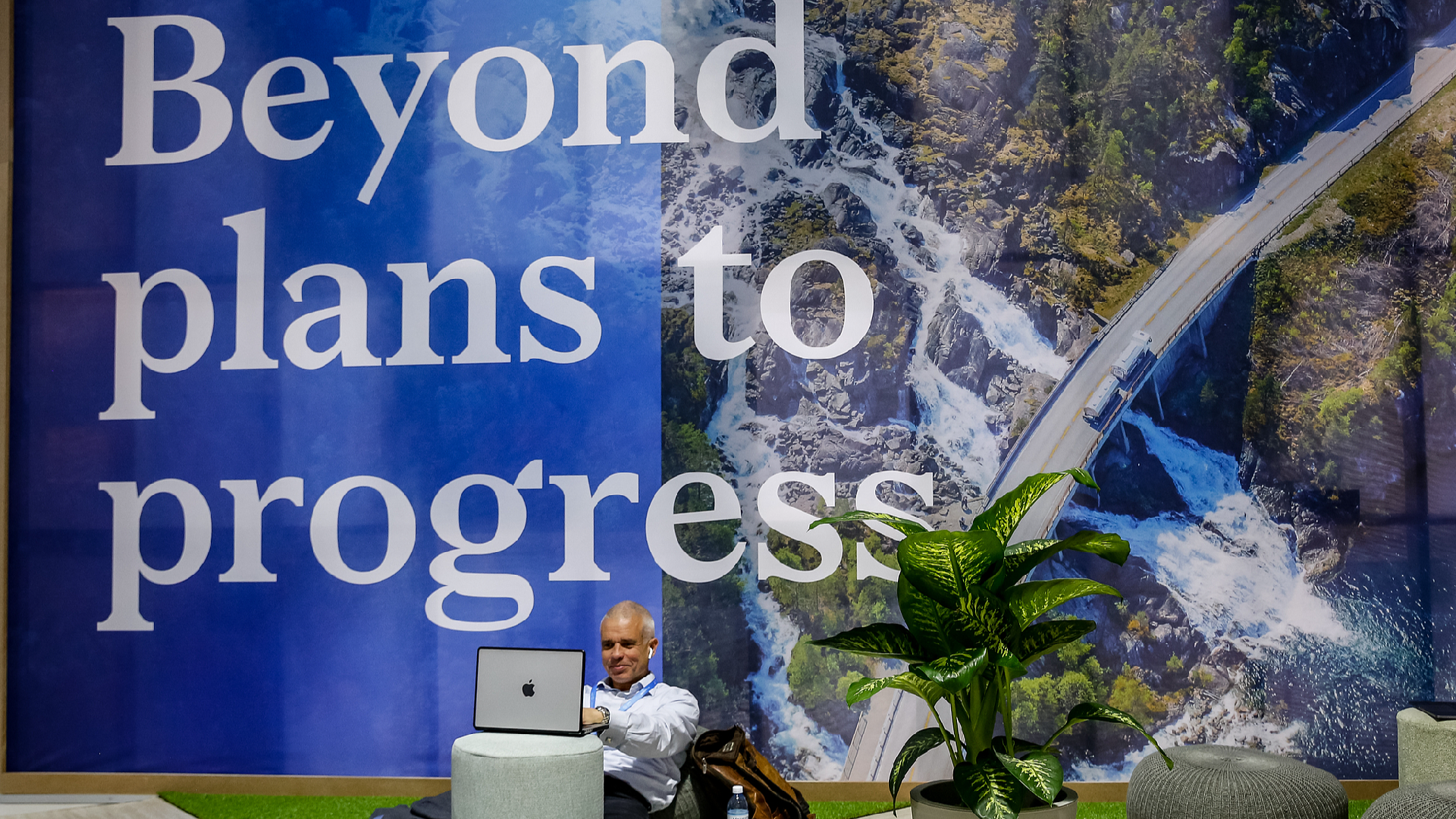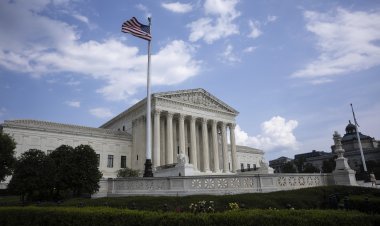COP29 | Baku Shows Countries Lagging Behind on Climate Finance Goals
In the opening week of the United Nations climate talks, distractions overshadowed substantive negotiations, highlighting significant work remaining, particularly regarding the critical topic of funding.

In the initial week, little advancement was made regarding how much financial support wealthy nations should provide to developing countries for transitioning away from fossil fuels, addressing rising sea levels, and compensating for damages linked to climate-related extreme weather. However, expectations are high for increased focus when government ministers arrive for the second week to engage in the crucial political negotiations in Baku, Azerbaijan.
There remains a substantial gap of about a trillion dollars annually that needs to be bridged.
"All the developing countries look very united behind $1.3 trillion. That's not a ceiling. That's what they want. That's what they think they need," said Debbie Hillier, policy lead at Mercy Corps. "The U.S. and Canada are constantly talking about a floor of $100 billion... So you've got $100 billion at one end and $1.3 trillion" on the other end.
While developing nations have proposed a figure for the total funding package, wealthy donor countries have strategically refrained from committing to a specific total, opting instead to disclose a number later in the negotiations, according to Hillier.
United Nations Climate Secretary Simon Stiell stated, "negotiations on key issues need to be moving much faster."
"What's at stake here in Baku," Stiell said, is "nothing less than the capacity to halve emissions this decade and protect lives and livelihoods from spiraling climate impacts."
Currently, the parties are still far apart, which is typical for this phase of discussions. The detailed technical agreements now underway must transition to more significant financial decisions that will require involvement from climate and finance ministers, explained Ani Dasgupta, president of the World Resources Institute.
"Member states have not moved and parties have not moved as expeditiously as they need to do," said Inger Andersen, Executive Director of the United Nations Environment Program. "This is causing frustration. I understand that. So the answer is to push and push more and ensure that we land where we need to land."
Andersen emphasized that it is premature to evaluate the final outcomes after just one week of talks, as circumstances can evolve significantly during negotiations. Experts note that such dynamics are typical.
"COP works on brinkmanship," said Avinash Persaud, a special climate adviser at the Inter-American Development Bank. "COP works on the fear of us not reaching agreement in the end, which makes the process appear chaotic from the outside."
Some key leaders present at the climate discussions expressed "cautious optimism" but stressed the importance of keeping the broader climate objectives at the forefront in the coming week.
"We need to keep 1.5 alive," said Cedric Schuster, Chair of the Alliance of Small Island States, referring to the climate target established nine years ago at the Paris talks to limit global warming to under 1.5 degrees Celsius above pre-industrial levels.
Schuster, also the environment minister of Samoa, a Pacific island threatened by rising seas, noted that "discussions are progressing, and we hope to get there."
Sehr Raheja from the New Delhi-based Center for Science and Environment pointed out that countries have only addressed the "lowest hanging fruit" so far and emphasized that developed nations "will have to engage in good faith on the issues of total money needed" for a meaningful outcome.
Bill Hare, CEO of Climate Analytics, called for a heightened sense of urgency in the discussions.
"Despite the recent devastation the world has experienced and the soaring rise in temperatures, the urgency really hasn't yet been felt here in Baku," he remarked.
Thomas Evans for TROIB News
Find more stories on the environment and climate change on TROIB/Planet Health












